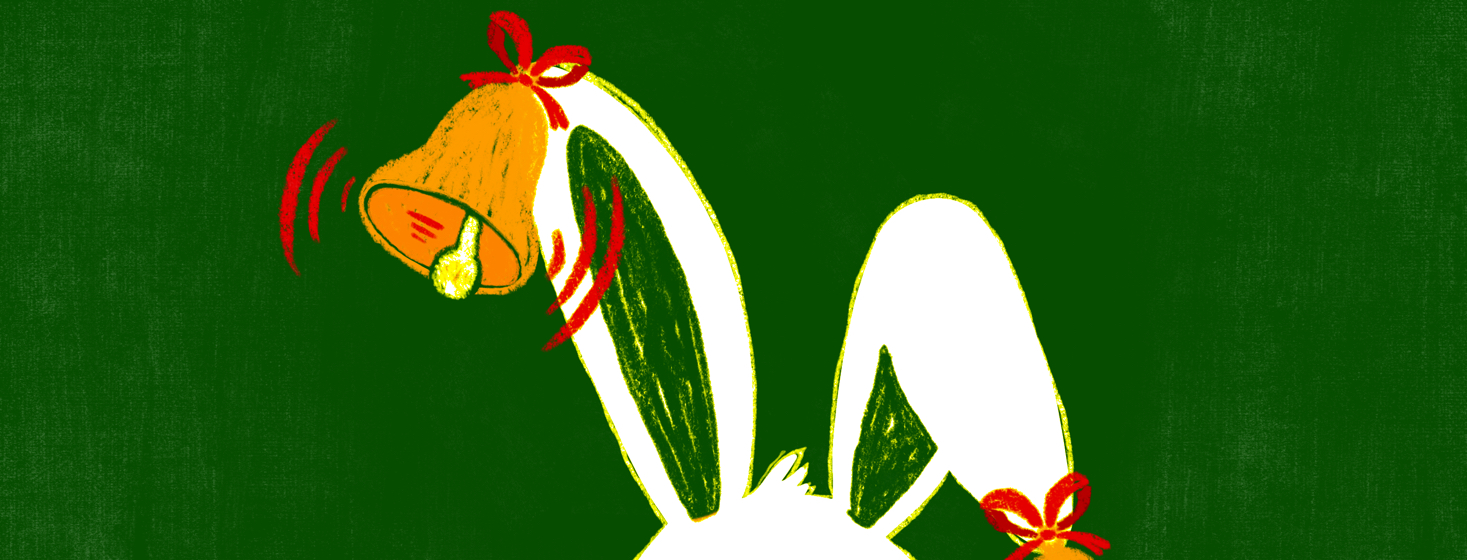Tinnitus – My Constant Companion
Last year I had a terrible upper respiratory infection. A couple of days after the symptoms began I woke up with roaring tinnitus. The loud buzzing noise in my ears reminded me of similar mornings after I had attended a fun concert. But this time, the ringing in my ears did not go away.
Seeking tinnitus treatment
While the roaring sound did eventually fade, it was still incredibly bothersome. My doctor suggested decongestants in case there was fluid left in my ears after the infection, but they didn’t help. Week after week I became more distraught that I still had tinnitus. I’d heard people complain about it before, but I was experiencing firsthand just how annoying and frustrating it could be.
I made an appointment with an ear specialist that ended up being postponed by over a month due to COVID-19 shutdowns. This made me anxious because I felt like early intervention would lead to a better outcome, but I had no choice but to wait. When I finally had a full exam, I learned that my hearing was not affected at all and, unfortunately, my treatment options were quite limited.
Living with tinnitus and lupus
My doctor’s advice was to distract myself from tinnitus as much as possible. I was looking for a better solution, but this is the best coping mechanism available right now. Apparently, if you can divert your attention from the sound thoroughly enough, sometimes it will go away completely. This is because tinnitus is thought to originate in the brain due to hypersensitivity, not from actual damage to the ear.1
So I set about distracting myself. My poor bathroom fan is on call whenever I need to rest in bed, which is often. It does an okay job producing the right amount of sound, so I haven't yet sprung for a sound machine. I tend to play music when I'm downstairs, but the sound isn't always constant enough to deter my tinnitus. I often find myself in situations without adequate background noises, like a friend's home or quiet medical office, which can be difficult.
I do have one more treatment option - my doctor offers a tinnitus retraining program. They use sound therapy and devices similar to hearing aids to try to turn off your brain’s continuous production of sound. The program requires a lot of medical appointments, so it has not been feasible for me due to the pandemic as well as my pregnancy. However, every day I spend with the ringing in my ears as a constant companion brings me one step closer to giving the program a chance.
The hardest part of tinnitus
Most of the time I can cope with the tinnitus pretty well. Adequate background noise is pretty effective at taking my mind off the sound. But when the noise is removed, the high-pitched humming rushes back into my awareness like a flood of water.
Working has been especially hard because I like to write in silence. I can’t work effectively with distracting sounds and, though I can use white noise, I'd prefer to have the soft, simple background noises of my home as company. I miss silence more than I ever thought I would.
Loud noises make my tinnitus flare, so turning up music while I'm cleaning the house, or even just being around several people talking at once, can leave me with much louder ringing in the ears afterward. If it flares significantly, then it can’t be overcome with regular background noise - I just have to wait for it to return to normal levels. It's surprisingly painful.
Driving has been the worst offender. My husband and I both have cars with very loud interior road-noise, so once I get home and step into a quiet environment the roaring in my ears is like a physical slap. It’s very difficult to adjust to coming home. We are currently searching for a new car and a quiet ride is near the top of my list – something that never mattered to me before I experienced tinnitus.
Tinnitus can feel like too much
Tinnitus is a difficult thing to live with and it's hard for others to understand just how much it can affect your life. Some people have become depressed or suicidal because of tinnitus. If you're having a hard time living with tinnitus, please reach out to a therapist or other professional that can help.
I understand how tough it can be, and I'm hoping for more treatment solutions to become available because tinnitus is something that I'm more than ready to say goodbye to.

Join the conversation